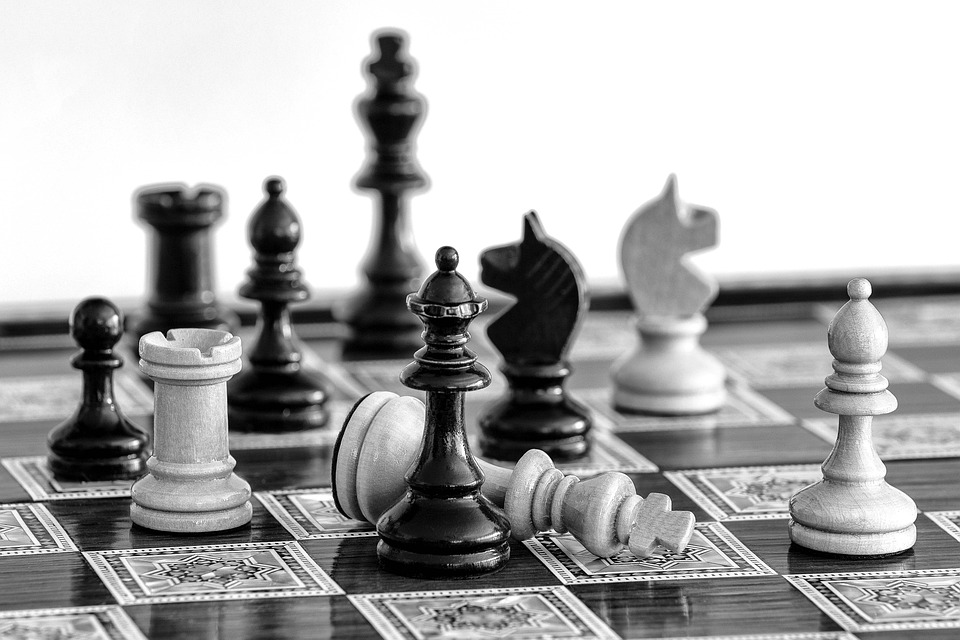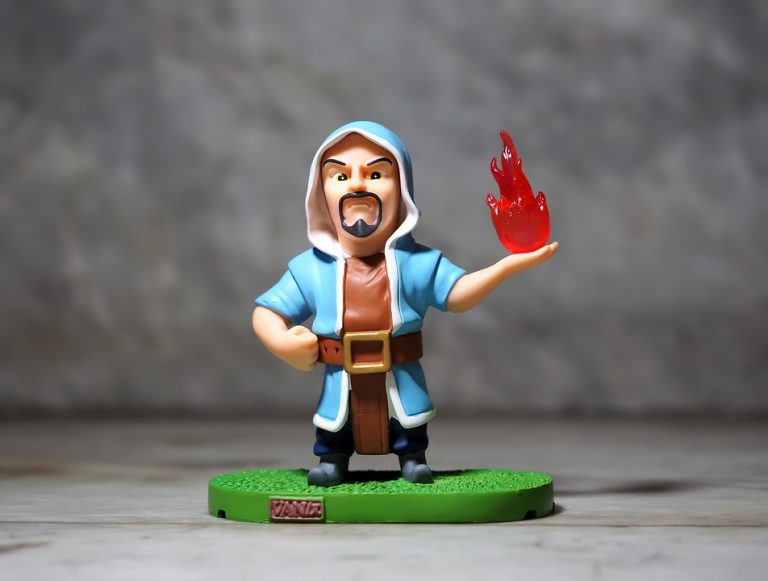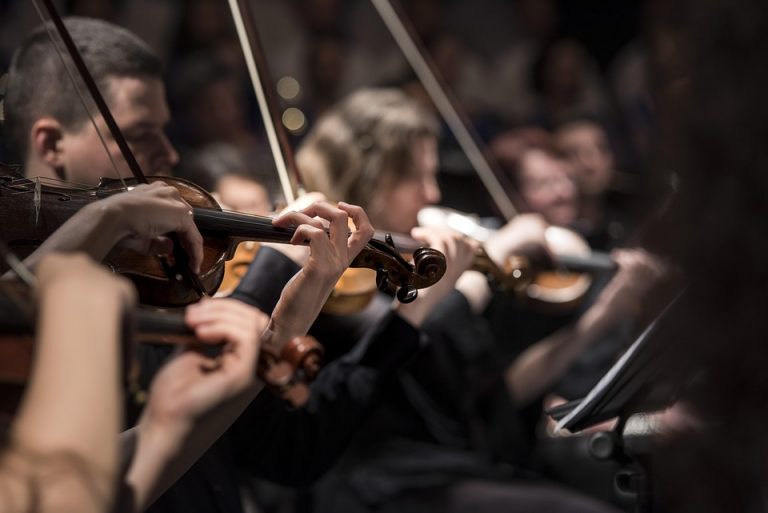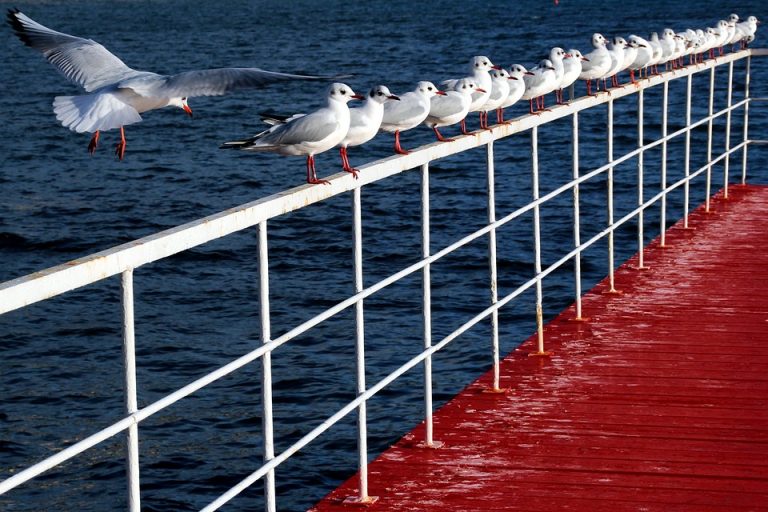Ah, gaming tournaments. They’re like the Olympics for gamers, filled with intense competition, nail-biting moments, and, let’s be real, a whole lot of adrenaline. Whether you’re a seasoned pro or a casual player looking to level up your skills, there’s always something new to learn. So, how do you ensure you come out on top? Here are seven actionable tips that can help you dominate your next gaming tournament.
Contents
1. Know Your Game Inside and Out
Before you even think about stepping into a tournament, you need to know your chosen game like the back of your hand. This isn’t just about understanding the mechanics; it’s about mastering every nuance.
Why It Matters
In competitive gaming, details matter. A slight miscalculation or misunderstanding can cost you the game. Knowing your game also means understanding the meta—what strategies are currently effective, which characters or classes dominate, and how to counter them.
Actionable Steps
- Play Regularly: Make it a habit to play daily. This will not only improve your skills but also keep you updated on any changes in the game.
- Study Guides and Tutorials: Websites like GameFAQs or YouTube have a plethora of guides. Invest time in watching high-level gameplay to learn strategies that you might not have considered.
- Join Online Forums: Platforms like Reddit or Discord have communities dedicated to almost every game. Engaging with these communities can provide insights you won’t find anywhere else.
2. Practice Makes Perfect
It’s a cliché, but it’s true: practice is essential. However, not all practice is created equal. You need to engage in focused, purposeful practice.
Why It Matters
Mindless grinding won’t cut it. You need to practice specific skills you want to improve, whether that’s aiming, map awareness, or teamwork.
Actionable Steps
- Set Goals: Identify specific skills you want to work on. For instance, if you’re playing a shooter, focus on improving your aim or reaction time.
- Use Aim Trainers: Tools like Kovaak’s FPS Aim Trainer can help you hone your aiming skills outside of the game environment.
- Simulate Tournament Conditions: Try to practice under conditions that mimic a tournament setting, such as time constraints and high pressure.
3. Teamwork Makes the Dream Work
If you’re participating in a team-based tournament, remember that communication and synergy with your teammates can make or break your performance.
Why It Matters
Even the most skilled players can struggle without effective teamwork. Understanding your teammates’ strengths and weaknesses can create a more cohesive unit.
Actionable Steps
- Regular Team Scrims: Schedule practice sessions with your team to build chemistry and refine strategies.
- Use Communication Tools: Utilize platforms like Discord for voice chat during practice and tournaments. Clear communication can prevent misunderstandings.
- Develop Team Strategies: Create game plans that leverage each member’s strengths. This could involve specific roles or tactics tailored to your team’s playstyle.
4. Stay Physically and Mentally Fit
Gaming isn’t just about finger dexterity; physical and mental health plays a significant role in performance.
Why It Matters
Fatigue, stress, and poor health can severely impact your gameplay. Keeping yourself in shape physically and mentally can enhance your focus and reaction times.
Actionable Steps
- Regular Exercise: Even short workouts can improve your stamina and concentration. Try to integrate physical activity into your daily routine.
- Mindfulness and Relaxation Techniques: Practices like meditation can help reduce anxiety and improve focus. Apps like Headspace can guide you through this process.
- Healthy Eating: Fuel your body with nutritious foods. Stay hydrated and avoid excessive caffeine or sugar, which can lead to crashes.
5. Analyze Your Gameplay
After every practice session or tournament, take the time to review your gameplay. This is where the real learning happens.
Why It Matters
Self-analysis helps you identify your strengths and weaknesses, allowing you to focus on areas that need improvement.
Actionable Steps
- Record Your Matches: Use software like OBS Studio to record your gameplay. Watching your matches can reveal mistakes you might not notice in the moment.
- Seek Feedback: Share your gameplay with teammates or knowledgeable friends for constructive criticism.
- Use Analytics Tools: Some games offer built-in analytics that can provide deeper insights into your performance metrics.
6. Get to Know Your Opponents
Understanding your competition can give you a significant edge. If you know how your opponents play, you can tailor your strategies accordingly.
Why It Matters
Every player has a unique style. By studying your opponents, you can anticipate their moves and counter them effectively.
Actionable Steps
- Watch Replays: If possible, watch your opponents’ previous matches to analyze their strategies and playstyles.
- Scout Teams: If it’s a team tournament, understand the dynamics of your opponents’ team. Identify their key players and strategies.
- Adapt Your Strategies: Be flexible and willing to change your approach based on what you learn about your opponents.
7. Stay Calm Under Pressure
Tournaments can be intense. The ability to stay calm and focused under pressure can be the difference between victory and defeat.
Why It Matters
Stress can lead to poor decision-making and mistakes. Maintaining composure allows you to think clearly and perform at your best.
Actionable Steps
- Practice Breathing Techniques: Simple breathing exercises can help you stay calm when the pressure mounts.
- Visualize Success: Take a moment to visualize yourself succeeding in high-pressure situations. This mental rehearsal can boost your confidence.
- Stay Positive: Maintain a positive mindset, even when things aren’t going your way. A simple mantra can help keep you focused.
FAQs
Q1: How do I choose the right game for a tournament?
Choose a game you enjoy and are passionate about. Research its competitive scene to ensure there are tournaments available.
Q2: What if I’m nervous before a tournament?
It’s normal to feel nervous. Try deep breathing exercises, visualize success, and remember that everyone else is feeling the pressure too.
Q3: How important is practice before a tournament?
Practice is crucial. It helps refine your skills and build confidence. Focus on quality practice sessions rather than just quantity.
Q4: Should I focus on individual skills or teamwork?
Both are important. While individual skills can set you apart, teamwork is essential in team-based games. Balance your practice accordingly.
Conclusion
Participating in a gaming tournament can be both exhilarating and nerve-wracking. By implementing these seven tips—mastering your game, practicing purposefully, fostering teamwork, maintaining physical and mental fitness, analyzing your gameplay, studying your opponents, and staying calm under pressure—you’ll be well-equipped to dominate your next tournament.
Remember, every champion was once a contender who refused to give up. So gear up, practice hard, and go show them what you’ve got!
References
-
Anderson, C. A., & Dill, K. E. (2000). Video games and aggressive thoughts, feelings, and behavior in the laboratory and in life. Journal of Personality and Social Psychology, 78(4), 772-790. https://doi.org/10.1037/0022-3514.78.4.772
-
Przybylski, A. K., & Weinstein, N. (2019). Digital screen time limits and young children’s psychological well-being: Evidence from a population-based study. Child Development, 90(1), e56-e65. https://doi.org/10.1111/cdev.13007
-
Nardi, B. A., & Harris, J. (2006). Strangers and Friends: Collaborative Play in World of Warcraft. The International Journal of Computer Game Research, 6(1). http://www.gamestudies.org/0601/articles/nardi_harris








